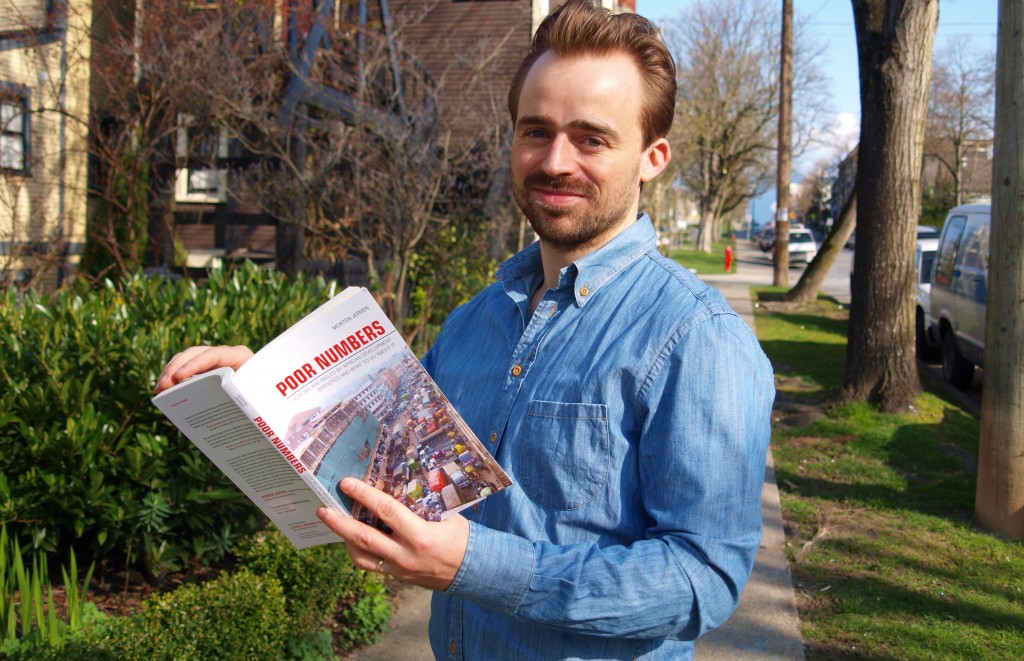By Simon Allison on Daily Mavrick (South Africa)
28 Jan 2016 11:00
Media and civil society at the African Union’s headquarters in Addis Ababa face a stark choice: avoid criticizing Ethiopia, or risk being denied access to the continental body. SIMON ALLISON reports on how the Ethiopian government uses its role as gatekeeper to the AU to keep journalists, researchers and activists in check.
ADDIS ABABA – The African Union headquarters, 24-storeys of clean lines and soaring glass, is Addis Ababa’s tallest building. It looks all wrong in the context of its dusty, low-rise surroundings (although increasingly less so, as the city develops furiously around it). It’s almost like it was accidentally transplanted from Shanghai or Beijing, which, in a way, it was – China paid for and built it. But there’s no question that it belongs. The building is Africa’s diplomatic centre, and Addis is the continent’s diplomatic capital. There’s nowhere else it could be.
The city’s starring role in continental politics began in 1963, when Ethiopia brokered a truce between two rival African blocs with different ideas of what a continental body should look like. The breakthrough conference in 1963, where the Organisation of African Unity (OAU) was declared, took place in Addis Ababa, and it was only natural that the new institution should establish its headquarters there too.
Not that there wasn’t a fight. Togo spent $120 million – that was half its annual budget at the time – on a lavish new hotel and conference centre in Lomé, complete with 52 presidential villas, in an effort to persuade the OAU to move its headquarters. The bid failed, and the complex turned into a ludicrously expensive white elephant, abandoned and left derelict for decades.
Togo’s attempt to steal Addis Ababa’s thunder was only crazy because it failed. Had it worked, the investment would have looked like a small price to pay. As Ethiopia well knows, the benefits – both financial and political – far outweigh any costs associated with hosting the AU.
Let’s start with the obvious. The AU rakes in hard currency for Ethiopia. There’s the $2,000-plus a month rentals for staff villas; the restaurants, hotels and conference venues built to cope with the regular influx of summit delegates; the thousands and thousands of flight bookings – often first or business class – which have helped Ethiopian Airlines become the largest airline in Africa. The AU is a cash cow, and Ethiopia has been milking it for more than 50 years.
It’s not just about the AU itself. Almost every African country has an embassy in Addis, because they’ve all got ambassadors to the AU (Why else would the likes of beleaguered Mali, for example, maintain a mission here?). This applies to non-African countries too: Addis Ababa’s status as a diplomatic hub means it attracts more foreign representation than other African capitals of a similar size, including another vast international organisation: the United Nations Economic Commission for Africa. These missions all rent offices and houses, employ local staff, and shop in local stores, as do the research organisations and NGOs who trail in their wake. Read more... on Daily Maverick









